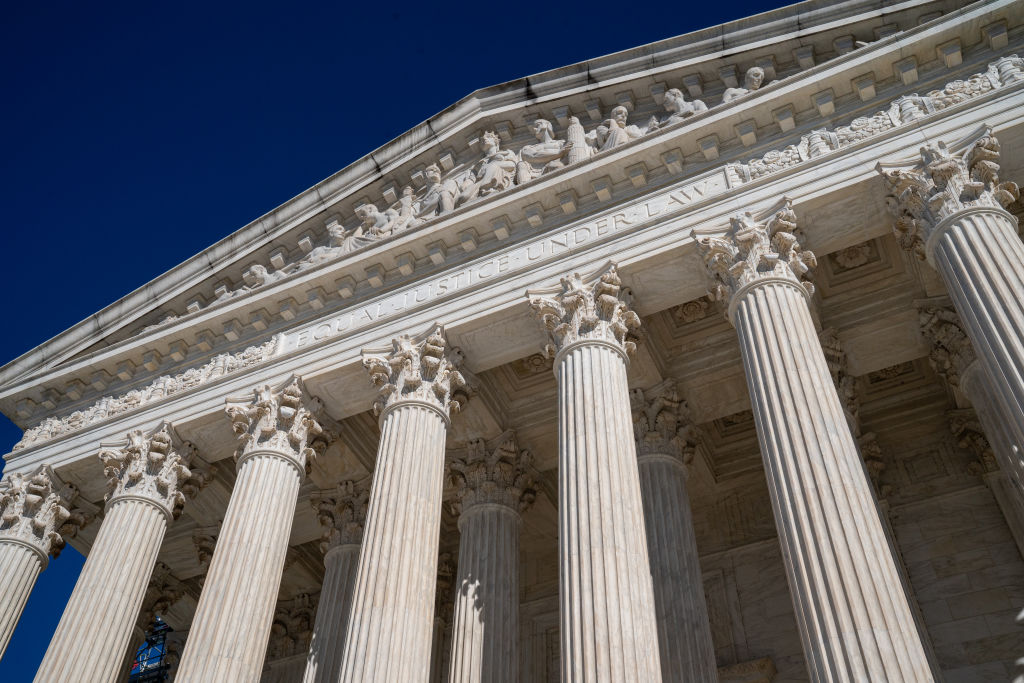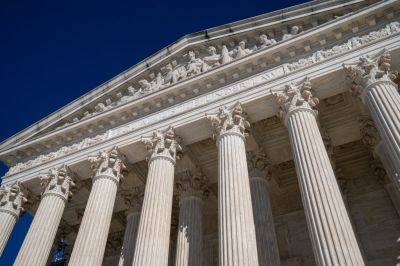Last week’s Supreme Court ruling in Loper Bright Enterprises v. Raimondo overturned the court’s landmark case in Chevron U.S.A. Inc. v. Natural Resources Defense Council. That latter case had established the Chevron deference, which instructed federal courts to defer to executive agencies’ interpretations of ambiguous statutes as long as those interpretations were “reasonable.”
Since the Loper Bright ruling, a viral post with more than 11 million views and 135,000 likes claims that federal agencies can no longer create public safety standards.
The post is false: Loper Bright does not prevent agencies from implementing public safety regulations.
Last week’s 6-3 decision stated that Chevron deference was incompatible with the Administrative Procedure Act (APA) and that the court cannot defer judgment to the administrative agencies. “The Administrative Procedure Act requires courts to exercise their independent judgment in deciding whether an agency has acted within its statutory authority, and courts may not defer to an agency interpretation of the law simply because a statute is ambiguous; Chevron is overruled,” Chief Justice John Roberts wrote for the majority opinion.
The ruling does not prevent agencies from interpreting statutes or implementing regulations. The Food and Drug Administration, for example, can still prohibit the inclusion of shrapnel in dairy products.
“The Loper Bright decision does not deprive agencies of any regulatory powers that Congress gives them,” Adam White, a legal scholar at the American Enterprise Institute and expert on the administrative state, told The Dispatch Fact Check. “It only prevents the agencies from being the primary judges of their own authority. When Congress writes laws empowering agencies, the courts still have a duty to interpret those laws, even when the agencies disagree with them.”
Writing for the majority, Roberts emphasized this point, explaining that Congress can still defer regulatory authority to agencies. “That is not to say that Congress cannot or does not confer discretionary authority on agencies. Congress may do so, subject to constitutional limits, and it often has. But to stay out of discretionary policymaking left to the political branches, judges need only fulfill their obligations under the APA to independently identify and respect such delegations of authority, police the outer statutory boundaries of those delegations, and ensure that agencies exercise their discretion consistent with the APA,” the opinion reads.
If you have a claim you would like to see us fact check, please send us an email at factcheck@thedispatch.com. If you would like to suggest a correction to this piece or any other Dispatch article, please email corrections@thedispatch.com.







Please note that we at The Dispatch hold ourselves, our work, and our commenters to a higher standard than other places on the internet. We welcome comments that foster genuine debate or discussion—including comments critical of us or our work—but responses that include ad hominem attacks on fellow Dispatch members or are intended to stoke fear and anger may be moderated.
With your membership, you only have the ability to comment on The Morning Dispatch articles. Consider upgrading to join the conversation everywhere.